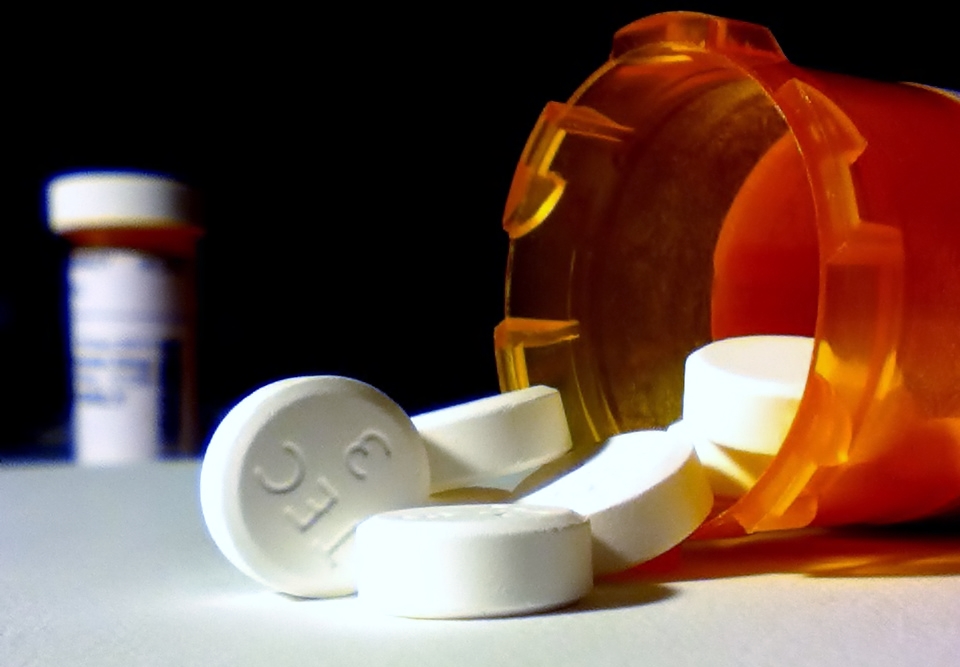Prescription Drug Misuse and Abuse

Prescription drug misuse and abuse is when someone takes a medication inappropriately, including ones for which he or she does not have a prescription. One in four teenagers have misused or abused a prescription drug at least once, such as taking a friend’s Adderall. Substance use can affect the developing brain, impede everyday functioning and impair adolescents’ coping ability. Drugs and alcohol also can intensify the symptoms of depression and anxiety. According to the National Institute on Drug Abuse, approximately 60 percent of substance abusers have a second mental disorder.
Only the person to whom a prescription was issued may legally possess and take that drug. In reality, using someone else’s prescription drug is dangerous. The medication could make an unknown health condition worse or react severely with something else you have ingested. Teens who abuse prescription medicines can experience difficulty breathing, dramatic increases in blood pressure and heart rate, seizures, organ damage, addiction and even death. In fact, nearly 80 percent of individuals who inject heroin began by abusing prescription drugs.
Individuals who sell prescription drugs, including their own Attention-deficit/hyperactivity disorder medications, can be charged with illegal distribution of a controlled substance. If you are found guilty, the felony drug conviction will make you ineligible to receive Federal financial aid and prevent you from completing the FAFSA, which is required for many college scholarships and most grants, loans and work-study.
You may be dependent on a substance if it keeps you from doing things you enjoy or from sleeping at night and if friends or family members tell you that you are using it too much. Similarly, you may be addicted if you want to stop or reduce your usage, but have been unable to; or if you have experienced anxiety, nausea or other physical symptoms when you are unable to use the substance. Common symptoms of substance abuse include using drugs or alcohol to feel “normal,” having memory loss or mood swings, struggling with everyday activities (such as going to class or completing homework) and continued use despite negative consequences.
If you believe you might have an addiction, visiting your doctor is a good first step. Not only will he or she know who to contact to get you further help, he or she also will be familiar with your medical history to identify additional problems that could result from substance abuse like drug interactions. Before treatment, a substance use counselor should conduct an assessment, which will include the extent of your drug and alcohol use, your mental and physical health and personal, medical and family history. In addition, the Partnership for Drug-Free Kids has a Parent Helpline that can be reached at 1-855-DRUGFREE (1-855-378-4373), where a counselor will listen and help you make a plan.
Thank you to Hannah from Addiction Center (https://www.addictioncenter.com/teenage-drug-abuse/), who E-Mailed suggestions for teen substance abuse resources to add to the website.